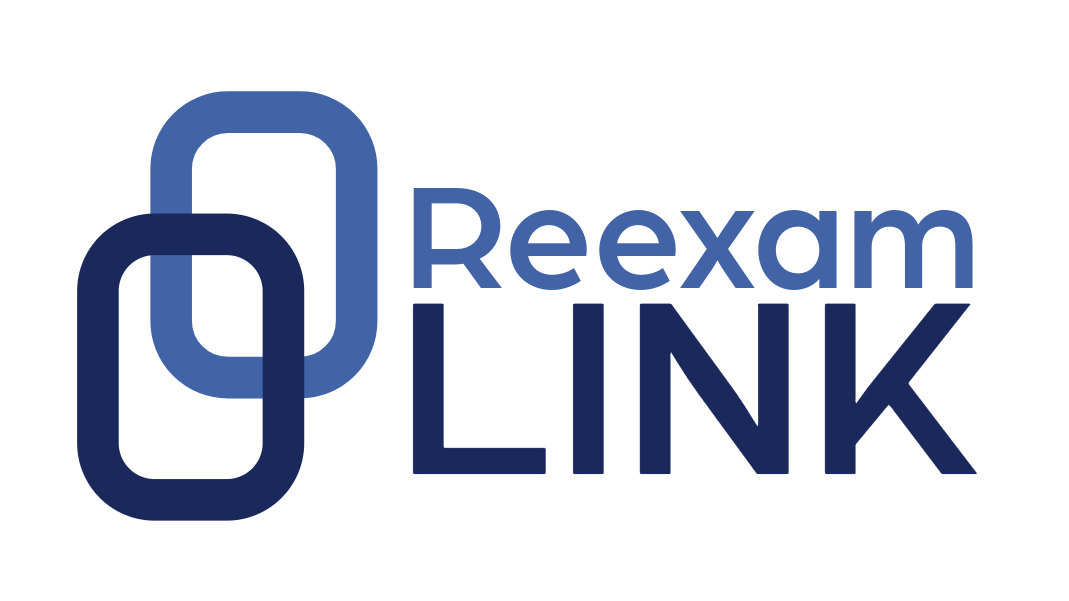Tag: litigation
-
A Split Panel of the Federal Circuit Reverses PTAB Finding of Unpatentability Without Remand in DSS v. Apple
In DSS Technology Management v. Apple Inc., a split panel of the Federal Circuit reversed a finding of patentability by the Patent Trial and Appeal Board (PTAB or the Board), but did so without remanding the case back to the Board for further findings. In DSS, the Federal Circuit considered two inter partes review decisions finding…
-
PTAB Expanded Panel Decides Sovereign Immunity Is Waived For District Court Patent Assertions by State Entities
Sovereign immunity has been a topic of great debate ever since the Patent Trial and Appeal Board applied it to dismiss inter partes reviews (IPRs) involving state owned patent rights. In Covidien v. University of Florida Research Foundation the Board dismissed three IPRs based on sovereign immunity. (IPR2016-01274, -01275, -01276.) Other universities caught wind of the Covidien decision…
-
Federal Circuit’s Aqua Products Decision Clarifies Burden on IPR Petitioner to Challenge Amended Claims
—
by
in Adjudicative instead of examinatorial, Broadest Reasonable Interpretation standard, claim challenges, estoppel from administrative proceeding, Federal Circuit Review of PTAB Proceedings, Motion to Amend, preponderance of evidence, reexamination generally, Settlements in Post-Grant Proceedings, Termination of Post-Grant ProceedingsOn October 4, 2017, the Federal Circuit issued a lengthy decision in Aqua Products v. Matal, spanning five opinions and 148 pages, which addressed the proper allocation of the burden of proof when amended claims are offered during inter partes review proceedings (“IPRs”). Aqua Prods. v. Matal, 2017 U.S. App. LEXIS 19293. The case concerns U.S. Patent No. 8,273,183, relating to…
-
Are Patent-Friendly PTAB Decisions On the Rise?
Patent litigation changed with passage of the America Invents Act. Overnight the PTAB became a new venue for challenging patent claims using IPRs, CBMs and PGRs. The initial reaction by the patent bar to the PTAB’s “take charge” approach to instituting review and canceling patent claims was met with approval by businesses under attack by…
-
PTAB Dismisses Three IPR Petitions Based on Sovereign Immunity
Covidien LP had a license to U.S. Patent 7,062,251, owned by the University of Florida Research Foundation (UFRF, Patent Owner). UFRF alleged breach of contract by Covidien, and sued Covidien in Florida state court for breach of license. Covidien counterclaimed for a declaratory judgment that it does not infringe the ’251 patent, and removed the…
-
4 Tips to Make Your Patent Portfolio AIA-Ready
The America Invents Act (AIA) has changed the way that patents are enforced. In traditional patent litigation, a patent was drafted to perform in district court. After the AIA, when patents are asserted, they are first challenged in administrative proceedings before the Patent Trial and Appeal Board (PTAB). These proceedings, called IPRs (inter partes reviews), PGRs…
-
IPRs And Settlement of Patent Infringement Cases
The passage of the AIA is still relatively recent, yet statistics are starting to emerge that demonstrate the effective use of IPRs to settle patent infringement cases. IAM magazine recently published an interesting report by Unified Patents showing that IPRs have the effect of increasing the median time to settle litigations (from 211 to 420 days), but when viewed…
-
Patent Trends to Watch in 2016
2016 is starting off with a bang! A number of interesting new developments have occurred as we enter into this new year: The Supreme Court will review broadest reasonable interpretation (BRI), courtesy of the petition for cert in Cuozzo The Federal Circuit continues to selectively review and provide guidance on PTAB decisions, such as in Ethicon Endo-Surgery…
-
Federal Circuit Interprets Board’s Broadest Reasonable Interpretation Standard – Part II
In Microsoft Corp. v. ProxyConn, Inc. v. Michelle K. Lee, Intervenor (Fed. Cir. cases 2014-1542 and -1543), the Federal Circuit reversed claim constructions made by the Board in the underlying IPRs. One of the claim constructions that was reversed related to the interpretation of components of a packet-switched network. In particular, the claims recite a…
